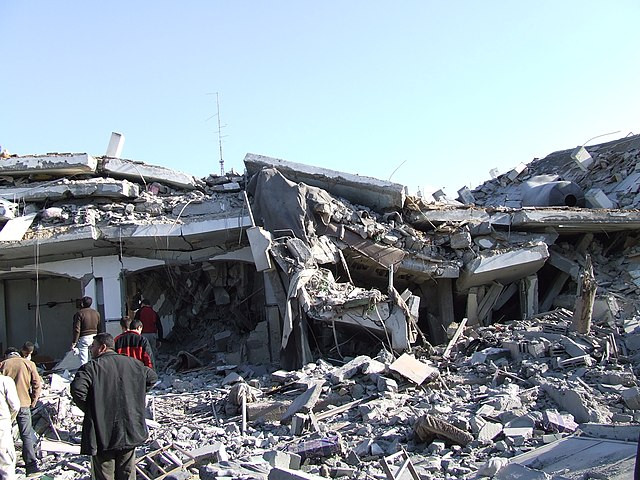Israel's government has approved the establishment of 22 new Jewish settlements in the occupied West Bank, a decision likely to intensify tensions with international allies and escalate regional instability. The move, confirmed Thursday by Finance Minister Bezalel Smotrich, comes amid global scrutiny and growing threats of sanctions from Western nations opposed to Israeli expansion into Palestinian territories.
Smotrich, a staunch advocate of Israeli sovereignty over the West Bank, announced the approval on social media, stating that the new settlements would reinforce Israel's strategic and historical claims to the land. "We have made a historic decision for the development of settlements: 22 new communities in Judea and Samaria," Smotrich posted on X. He added the decision would bolster Israel's eastern axis and revive northern Samaria.
The security cabinet reportedly voted on the settlement plan in a closed session last week. Defense Minister Israel Katz, who co-sponsored the motion with Smotrich, declared the initiative "anchors our historical right in the Land of Israel and constitutes a crushing response to Palestinian terrorism."
The decision includes legalizing previously unauthorized outposts and aims to fortify Israeli presence around Route 443, which links Jerusalem and Tel Aviv. Israel Ganz, head of the Yesha Council, hailed it as "the most important decision since 1967."
B'Tselem, a leading Israeli human rights group, sharply criticized the move. "Israel continues to promote Jewish supremacy through the theft of Palestinian land and the ethnic cleansing of the West Bank," a spokesperson said. "The international community is enabling Israel's crimes by standing aside."
Nabil Abu Rudeineh, spokesperson for Palestinian President Mahmoud Abbas, condemned the announcement as a "dangerous escalation" and urged U.S. President Donald Trump's administration to intervene. "This extremist Israeli government is trying by all means to prevent the establishment of an independent Palestinian state," he said.
According to Peace Now, an Israeli anti-settlement watchdog, the government's land appropriations in 2024 have exceeded historical averages by nearly tenfold. A leaked recording of Smotrich revealed: "This thing is mega-strategic and we are investing a lot in it. This is something that will change the map dramatically."
The announcement follows a broader policy trend under Prime Minister Benjamin Netanyahu's far-right coalition. In July 2023, the administration authorized the largest single seizure of West Bank land since the Oslo Accords, approving 12.7 square kilometers in the Jordan Valley.
The expansion coincides with a broader military and administrative shift. In May, the Israeli military quietly transferred authority over parts of West Bank governance to pro-settlement officials under Smotrich's leadership, raising alarms among rights groups and foreign governments.
Meanwhile, threats of targeted sanctions are mounting. Britain, France, and Canada warned earlier this month they may impose penalties if Israel continues to expand settlements. The U.S. State Department has yet to respond to the latest announcement.
Palestinians and international observers widely view the settlements as a significant obstacle to peace. Around 700,000 Israeli settlers currently live among 2.7 million Palestinians in the West Bank and East Jerusalem-territories Israel captured in the 1967 Six-Day War.
Hamas official Sami Abu Zuhri responded to the move by stating it was part of "the war led by Netanyahu against the Palestinian people" and called on the U.S. and EU to act.






